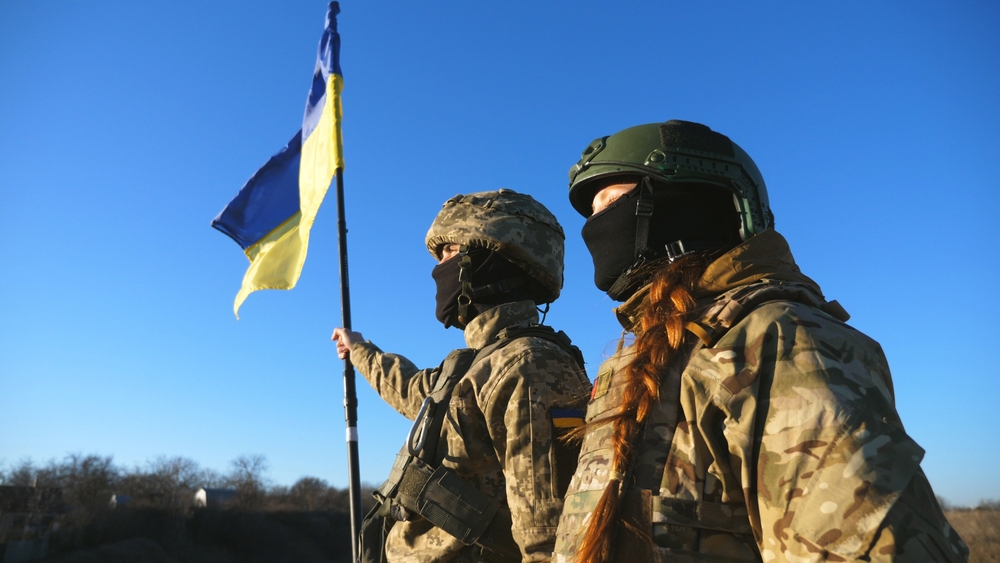Ukrainian forces achieved a significant victory.
Others are reading now
On August 22, Ukrainian forces achieved a major victory.
They advanced nearly 2 square kilometers into Russian-held positions in the Kharkiv region.
The Third Separate Assault Brigade of the Armed Forces of Ukraine led the charge, capturing key battalion defense positions, including enemy platoon and company strongholds.
Stabilization efforts are now underway at the site of the successful counterattack, according to the brigade’s press officer, Oleksandr Borodin.
Also read
“We’ve established fortifications, and the situation is stable. One of our key achievements is hindering the Russian 20th Army from advancing further,” Borodin stated in the press release.
Then added: “They had plans to move towards Makiivka or redirect their forces to other fronts. Now, they’re trying to restore some of their positions and build a new defensive line. Disrupting their plans and destroying their forces is more crucial than just reclaiming territory.”
When asked if the operation was connected to ongoing activities in the Kursk region, Borodin described it as a “synchronized success.”
Despite suffering personnel losses, Borodin acknowledged that the Russian army still has reserves, but their effectiveness is weakened by logistical failures.
Colonel Andriy Biletskyi, the brigade commander, confirmed the operation’s main objective was to reduce the offensive capabilities of the Russian 20th Army.
“The mission has been accomplished,” he wrote on Telegram.
During the operation, the Russian army lost approximately 300 soldiers, and a significant amount of equipment and weaponry was either destroyed or damaged.
Colonel Biletskyi emphasized the operation’s success, attributing it to meticulous planning, innovative tactics, and the coordinated efforts of various military units.
“We faced an overwhelming enemy and emerged victorious. The true heroes of the battlefield were our tankers, sappers, scouts, and, above all, the attack aircraft,” he said.


